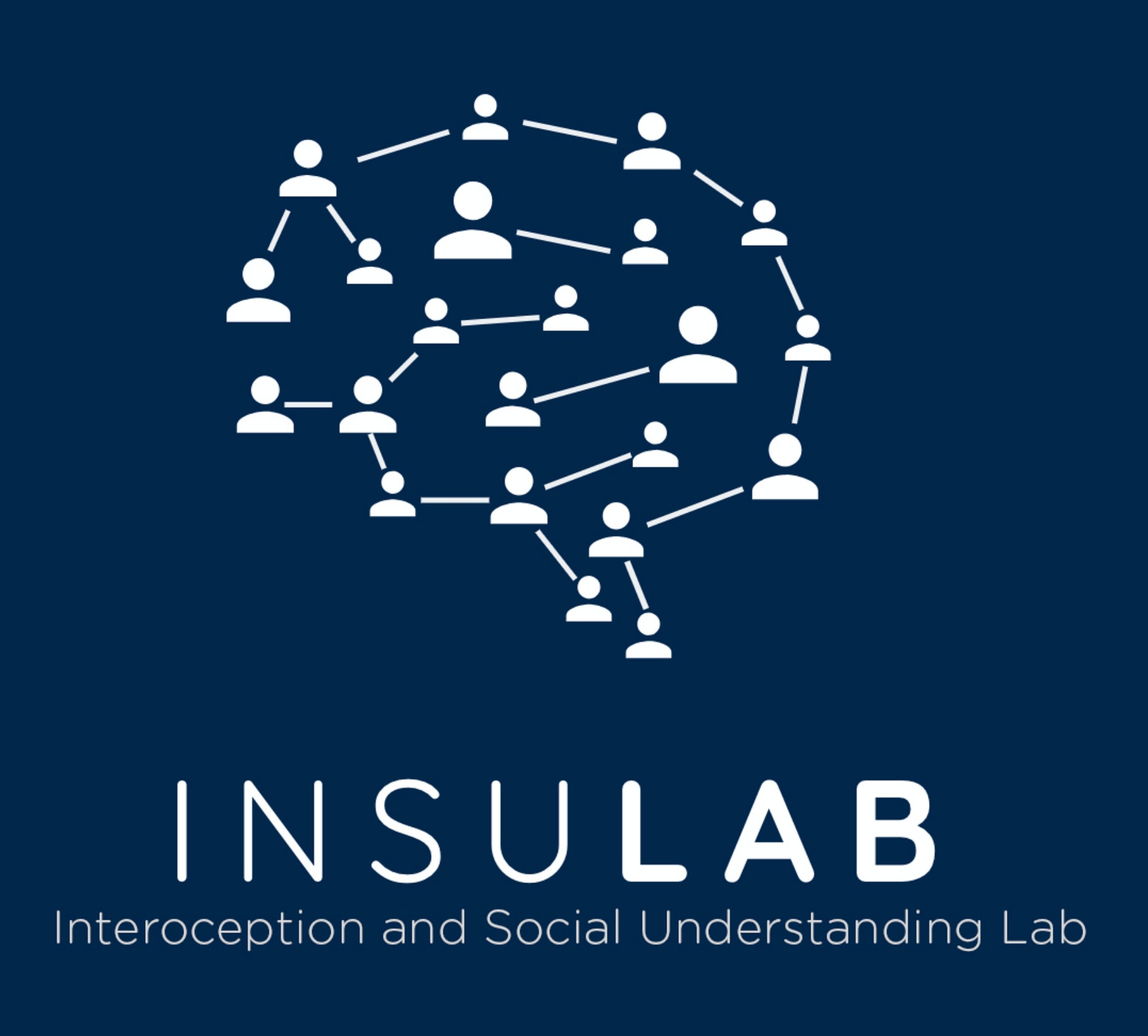What is Autism Spectrum Disorder?
Autism is a neurodevelopmental condition, which means it is a lifelong condition, present from birth. Autistic people often find social interaction and communication difficult, and have particular interests and routines. Autism is highly heterogeneous, which means that every autistic person is different, with a different pattern of strengths and difficulties. Differences in the way the brain develops and works have been found between autistic and neurotypical (non-autistic) people, and lots of different genes have been found to be linked to autism.
Different words have been used to describe autism over the years (e.g. Asperger Syndrome, Autistic Disorder, Pervasive Developmental Disorder Not Otherwise Specified), but since 2013, the term 'Autism Spectrum Disorder' has been used by the American Psychiatric Association to describe all forms of autism. Some people prefer to say 'I am a person with autism' and some people prefer to say 'I am an autistic person'. We try to use a combination of these words as everyone is different.
At InsuLAB, we are interested in how autism is related to social and emotional skills. We investigate how autistic and neurotypical people recognise people's faces and learn new faces, and how people with and without autism understand emotions and other internal body states (like hunger, temperature, and pain). We are particularly interested in the differences between individuals. For example, we have found that autistic people who also have alexithymia often find it difficult to recognise other people's emotions, but autistic people without alexithymia do not.

